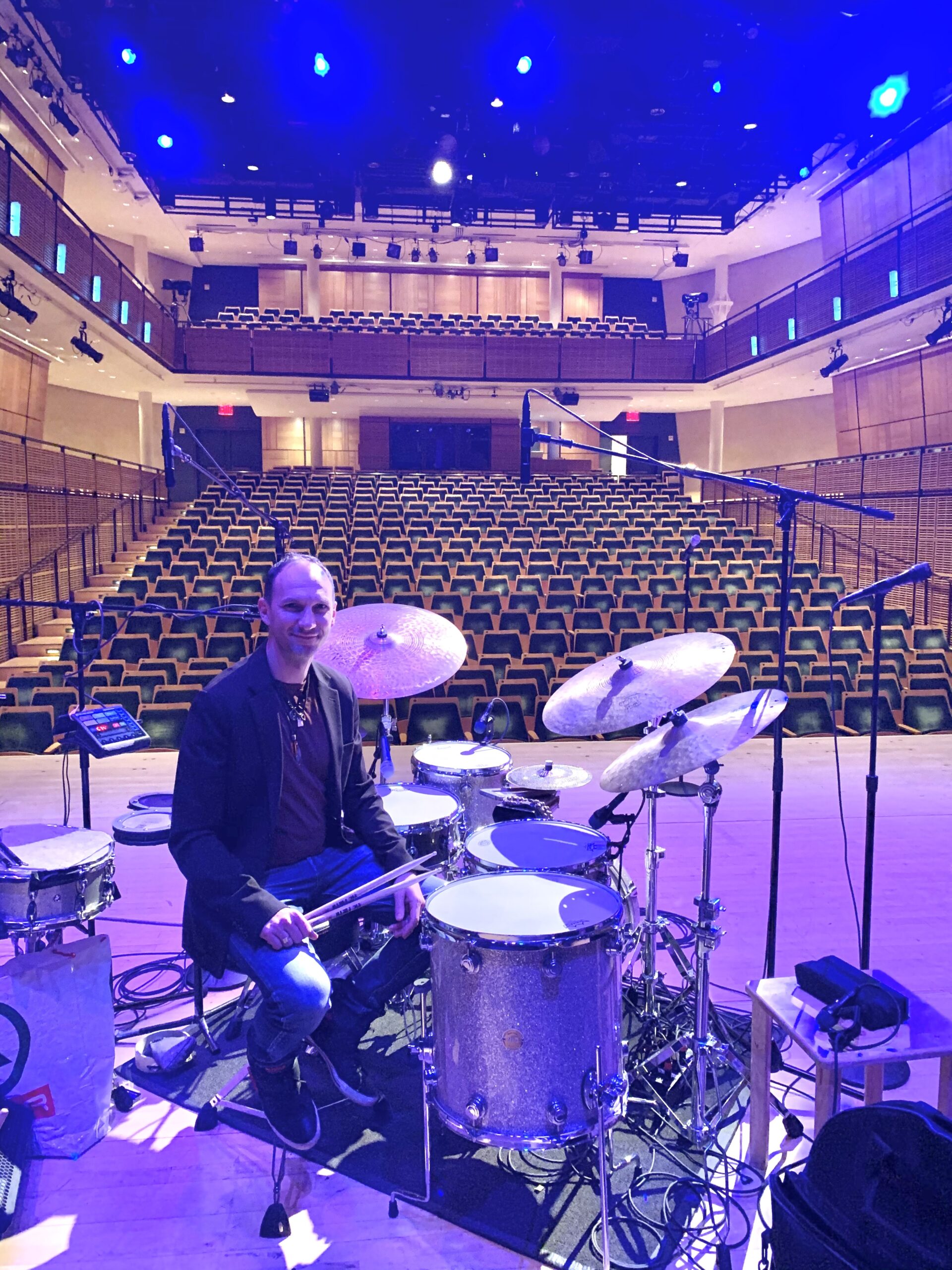Another intriguing release from the ObliqSound label (previously reviewed: Sira) is now available, and it’s once again a fascinating foray into international jazz. Gilfema, a talented trio that some will remember from their self-titled 2004 debut album, has now produced Gilfema + 2, and once again it’s well worth a listen.
Members of the threesome include guitarist/vocalist Lionel Loueke, bassist Massimo Biolcati, and drummer Ference Nemeth; who are respectively West African, Swedish-born Italian, and Hungarian. That diversification is at the heart of their music, and it all began when the three met a decade ago at Berklee College of Music. They’ve remained friends and occasional collaborators ever since, and along the way have all become regulars on many critics’ lists of current jazz stars.
 On this release they’ve added a couple of guest artists, which explains the album title, in case you thought it was supposed to readGilfema 2 — as in Gilfema the sequel. Those guests are pretty special too. Acclaimed clarinetist Anat Cohen joins in with some nice solos, and John Ellis lends his talents on bass clarinet and ocarina.
On this release they’ve added a couple of guest artists, which explains the album title, in case you thought it was supposed to readGilfema 2 — as in Gilfema the sequel. Those guests are pretty special too. Acclaimed clarinetist Anat Cohen joins in with some nice solos, and John Ellis lends his talents on bass clarinet and ocarina.
The collection of songs consists entirely of compositions by the trio’s main members, and their shared vision obviously contributes to some similarities among the pieces. But that’s not a negative, because the result is a lively, intoxicating sound that combines occasionally unusual rhythms with distinctive melodies, setting a mood evocative of mysterious and distant lands.
That mood is sometimes enhanced by Loueke’s African vocals, as it is on”Twins” and again on “LonLon Gnin,” but I think I most enjoyed the purely instrumental tracks. One of the best examples – and my favorite on the album – is “Salome,” which gives every soloist room to explore and features some especially nice work by Cohen on clarinet. I also enjoyed “One’s Mind’s Eye,” with “Master Of The Obvious” another good choice.
The music offered here might not be to the taste of some jazz fans, but those who appreciate diversity and the influence of other cultures in their listening experiences might want to give this one a try.
